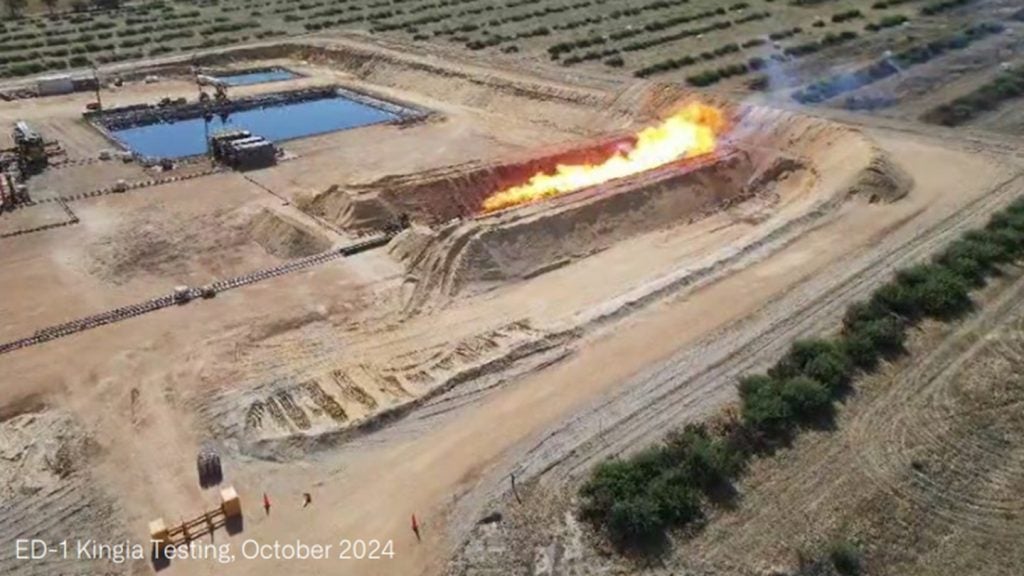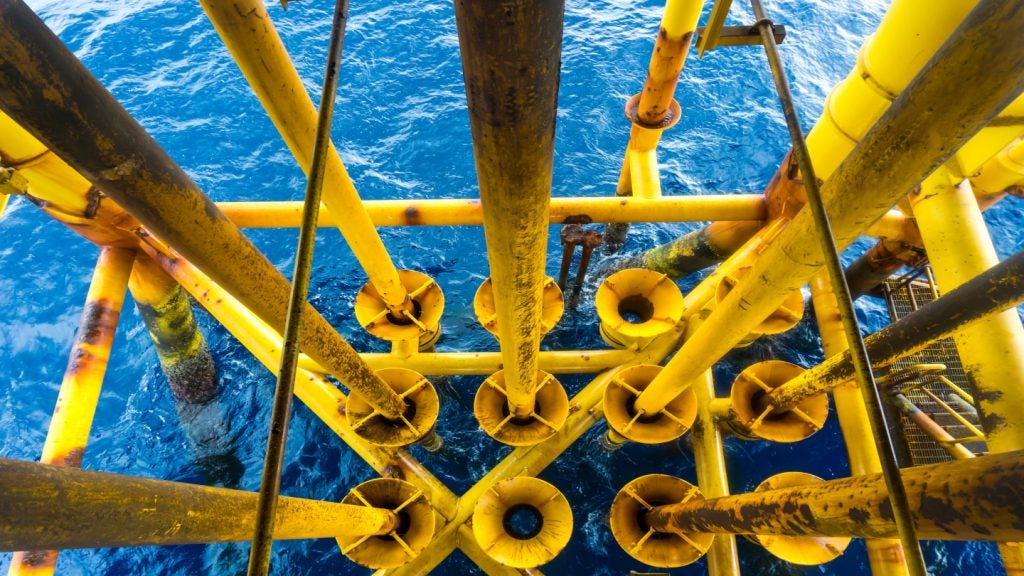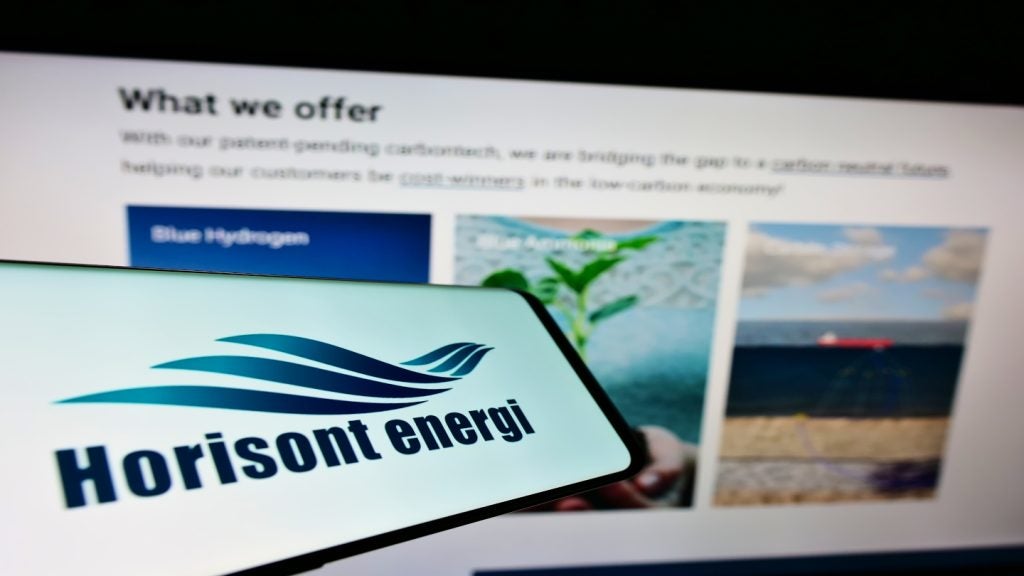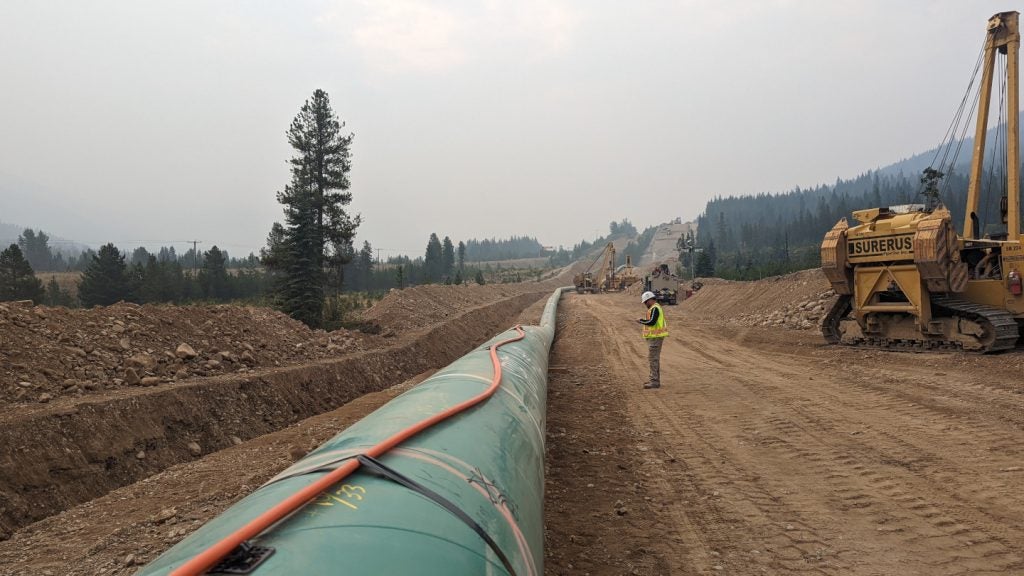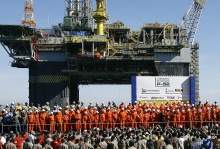
Shell” height=”237″ src=”https://www.offshore-technology.com/wp-content/uploads/image-digitalinsightresearch/Archive/CTBR/Royal%20dutch.jpg” width=”431″ />
Against a backdrop of cost-cutting and endless impact stories on the low-oil price environment, a major deal of the like not seen for more than a decade was always going to be a welcome development for the offshore industry. And so it was, with Royal Dutch Shell emerging to announce that it had secured the agreement of the BG board for a $70 billion takeover of the struggling oil and gas company.
Announced on 8 April, the deal is set to bump the AngloDutch supermajor’s valuation to £180 billion, extending its dominance as the largest British company in existence. Outlining the thinking behind the bid, Shell CEO Ben van Beurden confirmed that it had been in the offing for some time: "The logic has always been compelling. We have been looking at BG for a long time and we thought this would be the right time to move."
Provided it goes through, Shell must overcome regulatory hurdles in Brussels, Australia and China before a scheduled completion in early 2016, the deal will create an expected £1.7 billion a year in savings and significantly boost its market share. The acquisition would boost its proven reserves by 25% and annual production by 20%, while also deepening its involvement in the growth prospect of LNG.
For Shell, the deal compliments an overarching strategy to diversify its operations more heavily into the gas markets while at the same time expanding its offshore footprint. For the sector as a whole, the emergence of a megamerger in a low-price environment has prompted many to ask whether the offshore industry is to return to the M&A mania of the late 90s that created many of today’s global forces.
Analysts talk up a 90’s revival of M&A activity
Starting with BP‘s acquisition of Amoco in 1998, with the former following up with the purchase of ARCO in 2000, there were a series of landmark deals up to 2002 that changed the face of the global oil industry in response to low barrel prices. Exxon merged with Mobil in 1999, closely followed by Total and Petrofina before Elf Aquitaine was brought into the fold in 2000. In a major US deal, Chevron acquired Texaco in 2001 before Conoco and Phillips Petroleum Company formed ConocoPhillips to bring the curtain down on the M&A boom.
How well do you really know your competitors?
Access the most comprehensive Company Profiles on the market, powered by GlobalData. Save hours of research. Gain competitive edge.

Thank you!
Your download email will arrive shortly
Not ready to buy yet? Download a free sample
We are confident about the unique quality of our Company Profiles. However, we want you to make the most beneficial decision for your business, so we offer a free sample that you can download by submitting the below form
By GlobalDataA notable absentee from the action last time around, is Shell getting a jump on its competition in another boomtime for the industry?
A new breed of investor is seeking to force climate change into the boardrooms of big oil.
"A mega merger like the Shell-BG deal was expected in this climate," said Matthew Jurecky, head of oil and gas at Global Data. "Further mega deals in the upstream space would make strategic sense and the longer the down market persists, the more likely it is to happen. Other supermajors will be looking to emulate Shell and take advantage of this short-term blip."
Echoing the sentiment, Paul Gait of Bernstein Research, said: "A deal of this size would certainly be getting everyone interested in running the ruler over potential combinations in the natural resources sector."
Coming under close scrutiny of analysts and industry insiders is what moves might be made by the weighty ExxonMobil, with a current valuation of $353 billion, and a BP that is in need of something to help turn itself around from the legacy of Deepwater Horizon and its disastrous dealings in Russia.
Since the Shell and BG deal was announced, both have been linked to a number smaller outfits, with the African focused Tullow Oil a continuous candidate and the likes of Cabot Oil & Gas, Andarko Petroleum and the $59 billion outfit Occidental Petroleum frequently being touted as firm candidates.
Will ExxonMobil make the next move?
Commenting on the prospect of ExxonMobil absorbing a smaller operator before it could start eating into its own operations, Chris Pultz of Kellner Capital, said: "Is Exxon going to see these guys as nipping at their heels and look to do an acquisition? With the large E&P deals, these guys have pretty good success rate of calling the bottom in oil. This could be an interesting open salvo."
But by far the most mouth-watering prospect is not centred on an upstart ripe for acquisition by Exxon or BP, but rather an audacious takeover of the latter by the former. Such a deal, while far trickier and riskier than Shell’s acquisition of BG Group, is not beyond the realms of possibility. With BP currently standing as the cheapest of the super majors on per barrel of proven reserves basis and still on the road to recovery from the 2010 Gulf of Mexico recovery it could be susceptibly to a takeover if the $360 billion valued Exxon, which is facing increasing unrest from shareholders over stagnant growth, decided to strike.
Despite the fact that it has the funds to take BP on board, not to mention a Triple-A credit rating to enable it to borrow heavily and favourably to finance any such move, such a move would need to overcome two major issues. First of all, BP remains in a series of legal disputes emanating from the 2010 spill that are currently expected to reach $18 billion in liabilities but could cost more by the time everything is settled. Secondly, the 20% stake BP holds in Rosneft has been decimated by the unrest in the East, halving in value since the sanctions were implemented. Even with such major liabilities, Exxon could go for BP, but it all comes down to whether Rex Tillerson and his senior executives, together with its shareholders, believe it should.
Will it be a trickle or a flood of offshore major mergers?
In the aftermath of the deal being announced, the CEOs of the major global offshore firms have mostly kept their cards close to their chests. Breaking that, ConocoPhillips CEO Lance Phillips has sought to play down talk of a new era of consolidation in the sector and suggested that unlike the late 90’s, a major merger does not offer the level of savings required to make it an attractive prospect. For him, Shell’s acquisition is on the merits of boosting its power in the LNG market but ConocoPhillips is unlikely to follow its lead.
But with Shell also significantly expanding its offshore assets and closing the gap slightly to Exxon in terms of valuation, the talk of another period of M&A mania is warranted. With the balance of power shifting in favour of those at the top of the market each day that prices are constrained, the likelihood is that any interested party will wait until it believes the bottom has been hit before pouncing.
Whether Exxon will seek to blow the Shell deal out of the water with a move for BP is unclear, but history shows such deals can be done.



